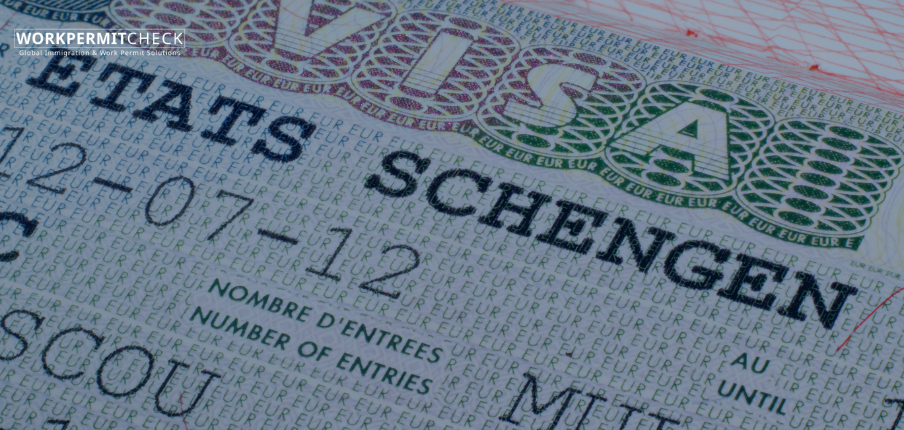One of the most common questions among travelers who find job opportunities abroad is whether they can convert a tourist visa into a work permit. While the idea is tempting—especially when a job offer comes unexpectedly—the reality is complex and varies significantly by country.
In this blog post, we’ll explore the legal, practical, and strategic aspects of converting a tourist visa to a work permit, along with country-specific examples, risks, and tips if you’re considering this route.
1. Understanding the Basics: Tourist Visa vs. Work Permit
| Feature | Tourist Visa | Work Permit |
|---|---|---|
| Purpose | Leisure, travel, short visits | Employment in a foreign country |
| Validity | Usually 30–90 days | Months to years, renewable |
| Work Allowed? | No | Yes |
A tourist visa is meant for travel and leisure. Working while on a tourist visa is illegal in almost all countries and can result in deportation, fines, or future visa bans.
2. Can You Convert a Tourist Visa to a Work Permit?
The short answer is: Usually no, but it depends on the country.
Most countries require you to leave and apply for a work permit or work visa from your home country or a consulate outside the host country. However, some countries allow in-country change of status under specific conditions.
3. Country-Specific Rules
United States
-
Possible, but difficult.
-
You must file a change of status (COS) application with USCIS.
-
Processing times are long, and you cannot work until approval.
-
A better route is consular processing (leave the U.S. and apply from abroad).
Canada
-
Generally, no. You must apply from outside Canada.
-
Exceptions: Inside Canada work permits are possible if you’re eligible under the International Mobility Program or have a spouse with a work/study permit.
Australia
-
Not allowed. You must apply for a work visa outside the country.
-
Working on a tourist visa is illegal.
United Kingdom
-
Not permitted. You must leave the UK to apply for a work visa.
-
No switch from tourist to work visa from inside the country.
Germany
-
Generally no. You must apply for a work permit at a German embassy or consulate outside Germany.
-
However, job seeker visas are available that are more flexible.
UAE (Dubai, etc.)
-
Yes, often done in practice.
-
You can enter on a tourist visa, get a job offer, and your employer can sponsor you for a work permit without leaving.
-
The process involves changing visa status internally (with fees).
4. Risks of Working While on a Tourist Visa
-
Immediate deportation if caught
-
Visa bans for several years
-
Employer penalties (fines, license cancellation)
-
Difficulty getting future visas in that or other countries
5. What You Can Do on a Tourist Visa (Legally)
-
Attend interviews or meet potential employers
-
Network and research job markets
-
Prepare documents for a proper application
-
But do not engage in paid work
6. Alternatives to Consider
-
Apply for a job seeker visa (available in Germany, Sweden, Austria, UAE)
-
Student visa plus post-study work permit pathway
-
Apply from your home country for smoother legal processing
-
Freelancer or self-employment visas, available in countries like Germany, Portugal, and Spain
7. Final Advice
-
Never assume you can "figure it out" after arrival
-
Talk to an immigration lawyer or licensed consultant before making decisions
-
Always verify with the official government immigration site of the country you’re interested in
Conclusion
While it may be technically possible in a few countries, converting a tourist visa to a work permit is generally discouraged and often illegal. The best route is to secure a job offer while abroad, leave the country, and apply for the correct work visa through official channels.
Play it safe—immigration violations can cost you more than you think.
May 7, 2025



















































































